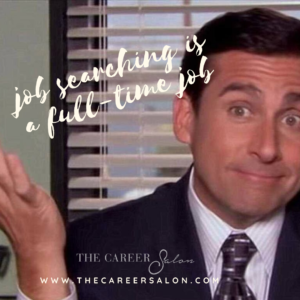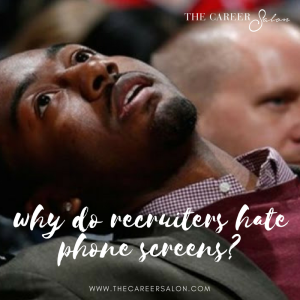
Most job seekers we talk to feel that job searching is a full-time job and IT IS. Now most would assign a negative connotation to that sentiment but in our opinion, it’s not negative at all. Job searching should not be daunting, but well thought out, strategic, and organized to make it a positive experience. It might take some time to find that next great opportunity but being prepared eases the process immensely.
- Read the job description. Job descriptions sometimes contain fluff, but for the sake of applying for something that is not a fit, you should review before applying.
- If you don’t have the skills to do the job, find other avenues to make contact with the employer. Honestly, unless you have the qualifications the employer is seeking you will need to network. Networking will increase your chances of having a conversation with the employer to get feedback on how you fare against others for the role.
- Don’t hit the “one-click” mass apply via job search engines (all jobs are not created equal). Make sure your search is intentional and strategic. Look for jobs you are interested in and curate your resume for those specific positions.
- Don’t apply to every job you see, that you THINK you can do. Make a list of your skills and experience to figure out job types you might align with the most and then apply to the roles that fit your skillset.
- Last but not least, GET ON LINKEDIN. If you do not have a LinkedIn profile you are behind in the job search. LinkedIn is one of the most valuable tools in job searching. LinkedIn provides a place to house your online professional portfolio and also make contacts you wouldn’t have otherwise.
Hope these tips help in your journey to a great opportunity!








